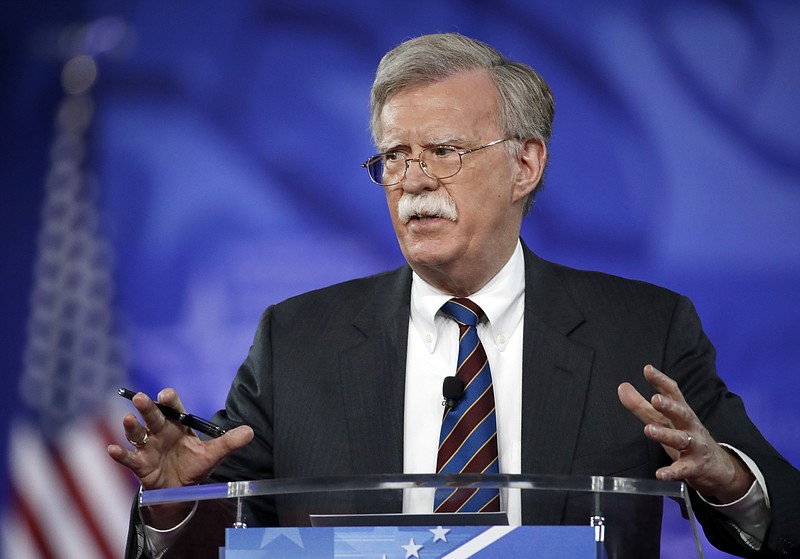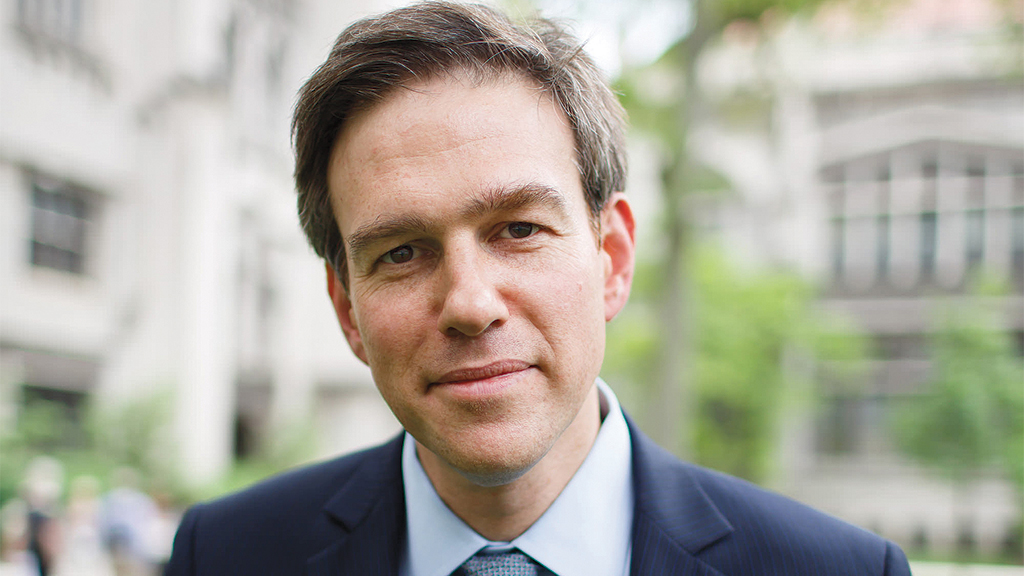In 1994, John Bolton said that if the U.N. Secretariat building in New York "lost 10 stories, it wouldn't make a bit of difference." The quote makes an appearance nearly every time Bolton's critics compile a hit parade of his alleged infamies.
My question is: Why is the remark even controversial?
The U.N. is a never-ending scandal disguised as an everlasting hope. The hope is that dialogue can overcome distrust and collective security can be made to work in the interests of humanity. Reality says otherwise. Trust is established by deeds, not words.
U.N. peacekeepers caused a cholera epidemic in Haiti that so far has taken 10,000 lives. Yet it took U.N. headquarters six years to acknowledge responsibility. An Associated Press investigation found "nearly 2,000 allegations of sexual abuse and exploitation by peacekeepers and other personnel around the world" over a 12-year period, including 300 allegations involving children. "But only a fraction of the alleged perpetrators served jail time."
In Rwanda in 1994, U.N. peacekeepers all but abandoned the country at the outset of genocide that took at least 500,000 lives. In Bosnia in 1995, U.N. peacekeepers stepped aside in Srebrenica and allowed more than 7,000 men and boys to be killed and countless women raped. It's a similar story in Sri Lanka in 2009 and South Sudan in 2016.
And then there are comparatively lesser scandals. Like Oil for Food, the multibillion-dollar program intended to feed hungry Iraqi children and used by Saddam Hussein in a kickback scheme involving a rogue's gallery of international enablers.
Confronted with the record of failure, U.N. defenders typically deflect and demand: the former, by pointing to the bad behavior of individual states as the cause of U.N. failures; the latter, by insisting that the U.N.'s core problem is a dearth of financial resources and legal authorities.
The arguments aren't baseless, but they're also misleading. Contrary to the belief that the U.N. runs on a shoestring, the total expenditure for the U.N. system in 2016 was around $49 billion. That's up 22 percent since 2010.
Two years ago, Anthony Banbury, a former assistant U.N. secretary-general, wrote an op-ed for The New York Times explaining why he resigned his job. "I was unprepared for the blur of Orwellian admonitions and Carrollian logic that govern" U.N. headquarters, he recalled:
"If you locked a team of evil geniuses in a laboratory, they could not design a bureaucracy so maddeningly complex, requiring so much effort but in the end incapable of delivering the intended result. The system is a black hole into which disappear countless tax dollars and human aspirations, never to be seen again."
And that's from a self-described believer in the U.N.'s ideals and mission.
The U.N. adopted what were supposed to be landmark reforms more than a decade ago. Yet the mismanagement, corruption, abuses and moral perversities remain. Iran sits on the executive board of the Commission on the Status of Women. The Syrian regime is represented on the U.N.'s Special Committee on Decolonization, dedicated to "respect for self-determination of all peoples."
It is, of course, possible to dismiss all this as trivial. If so, it attests to the truth of Bolton's quip about the U.N. losing 10 floors. Fifteen might be better.
In the meantime, we'll all have a collective freak-out over the next national security adviser. I agree with Bolton about some things and disagree about others. But on the U.N. he's been right all along. If his presence in the White House helps to scare the organization into real reform, so much the better.
The New York Times

